In a decision that may have large ripple effects across the country, the Supreme Court rejected a First Amendment appeal, thereby allowing a civil suit that was brought against a Black Lives Matter activist leader in Baton Rouge, LA, by an unnamed police officer to go forward on Monday. The brief order states that DeRay Mckesson’s First Amendment appeal to the high court was rejected, and he must face a lawsuit brought by the officer who was injured during a 2016 protest after the officer-involved shooting death of Alton Sterling in July of 2016. Sterling, who was black, was shot by officers after failing to comply with their orders and after they saw Alton with a firearm in his pants pocket.
Days after the fatal shooting, McKesson organized a protest where protestors blocked a highway outside of a local police station. As police officers were clearing the roadway of protestors and vehicles, Officer John Doe (as he was identified in the filing) was struck in the head by a "rock-like object," which caused "brain trauma" and other injuries, according to court filings. McKesson did not throw the object, and it is undisputed that he never authorized or incited the violence. However, the officer claims that regardless of whether McKesson knew of or ordered/incited the violence, his leadership at the event makes him liable for damages.
It’s not the first time the justices have confronted the case. In 2020, the Supreme Court in an unsigned decision called the First Amendment issue “undeniably important,” but the justices sent the case back to first get clarity on whether state law would allow the officer to seek damages in the first place.
The Louisiana State Supreme Court agreed to rehear the case, and the Fifth Circuit Court of Appeals subsequently issued their ruling that rejected McKesson's First Amendment defense. The case was given new life and was brought closer to trial, but McKesson appealed yet again to the Supreme Court, where they again refused to hear his appeal or review the Fifth Circuit's ruling. In his argument on appeal, McKesson cited the 1982 Supreme Court decision in NAACP v. Claiborne Hardware Co., which found that the NAACP could not be sued for supporting a local boycott of white businesses during the Civil Rights Movement.
“It is unfathomable under this Court’s First Amendment jurisprudence that a State would hold a protest leader liable in damages for a third party’s independent conduct that the leader himself neither incited, directed, authorized, nor ratified,” attorneys at the American Civil Liberties Union, which represents Mckesson, wrote in their petition.
The officer contends that, unlike the NAACP, McKesson was a willing and active participant in an "unlawful" activity when he and others blocked a highway and prohibited vehicular and pedestrian traffic on that roadway. He further contends that injuries sustained were a "foreseeable" circumstance of that activity.
“There is nothing un-American or unconstitutional about chilling speech designed specifically and effectively to engage police officers, where time after time the time, the place and manner of the speech has resulted in looting, property destruction, business closures, personal injury, economic loss, bystander and police injury,” the anonymous police officer’s attorney wrote in court papers.
Interestingly enough, another infamous case is currently going through the legal process, as well as being tried in the the court of public opinion, that ironically has some of the same or similar arguments from each side. The case brought against former President Donald Trump for his alleged role in the events of January 6th, 2021, shares similarities with the defense brought by BLM Leader McKesson. They both use the same argument that they both "neither incited, directed, authorized, nor ratified" the use of violence or anything of that nature against anyone. Two key differences, however, in this comparison are that McKesson is raising the defense in a civil case rather than a criminal one, and McKesson DID organize and plan the protests where protestors shut down and or blocked the highway, whereas Donald Trump had no part in the planning or organization of the events on January 6th. Yet the Supreme Court is allowing that civil suit brought by the officer to go forward.
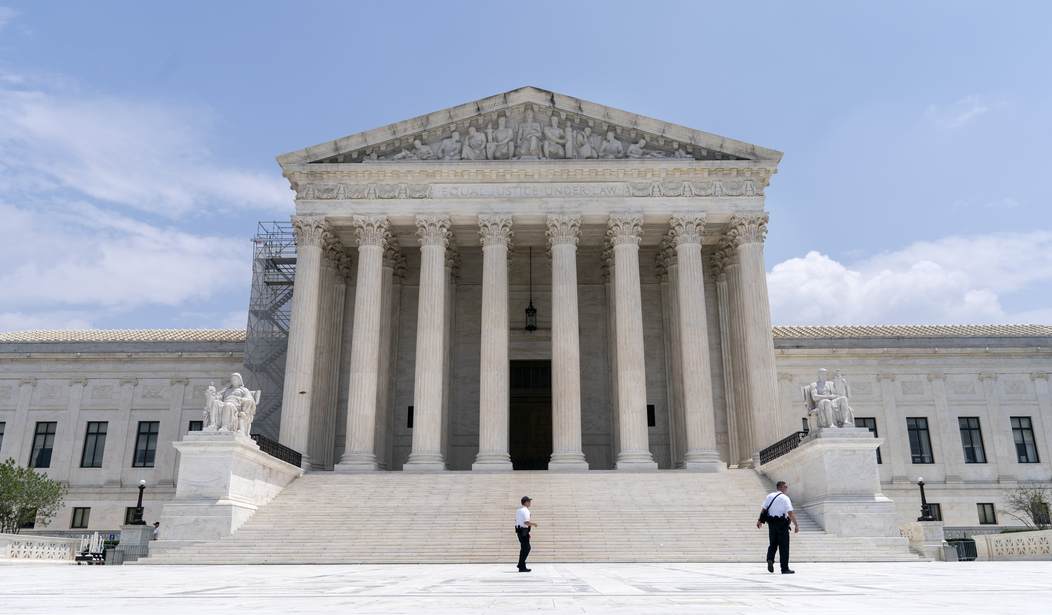
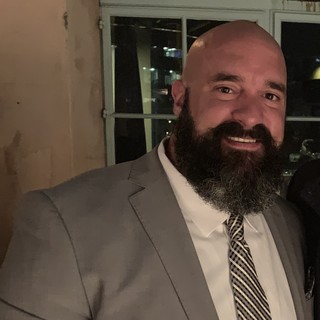
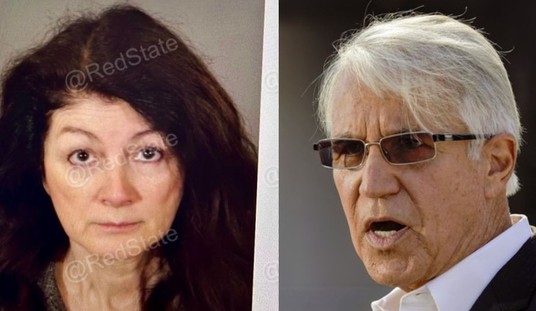

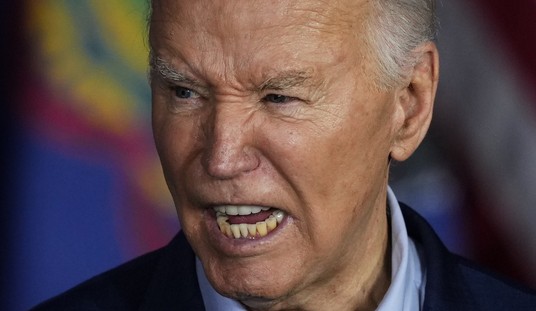


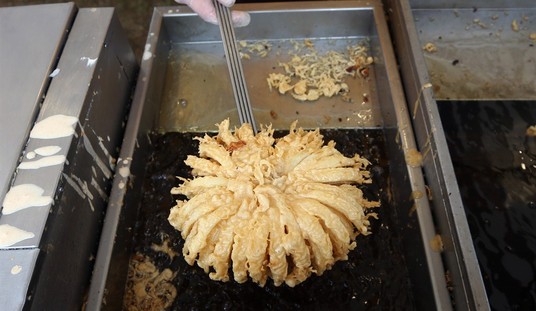
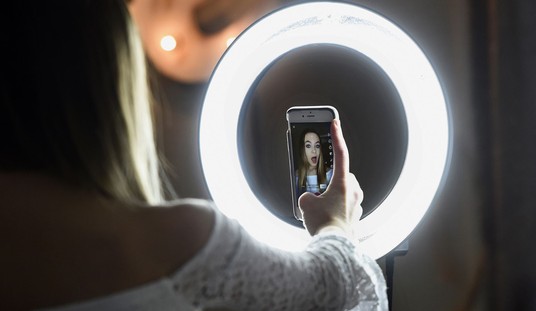
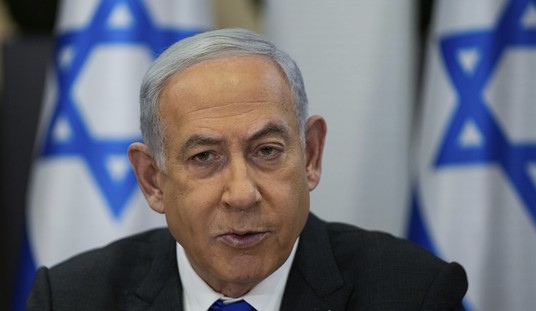


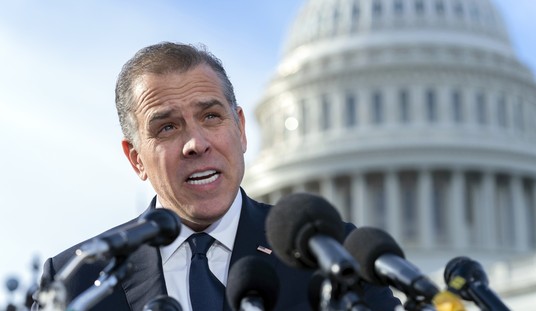
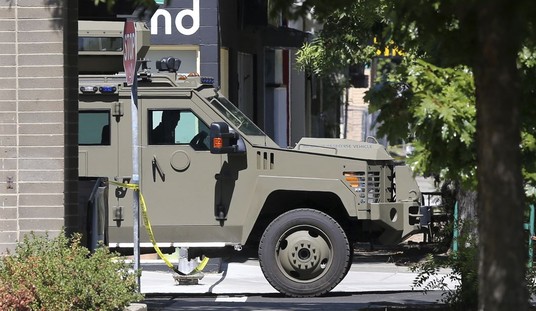

Join the conversation as a VIP Member